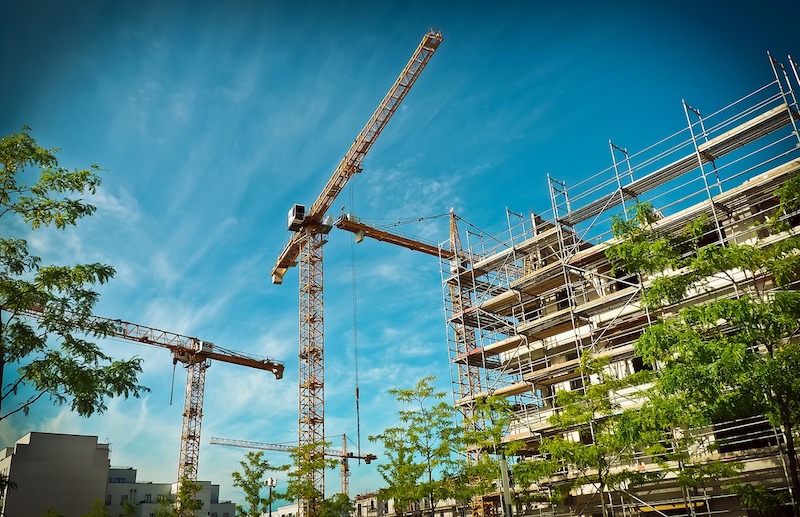Zero energy buildings are on the rise in some areas, but barriers that are retarding their spread nationwide remain.
That’s the conclusion of a new report, “Pathways to Zero Energy Buildings through Building Codes,” by the American Council for an Energy Efficient Economy. One barrier is a “solar-only” mindset where an owner adds solar to a building but gives short shrift to energy efficiency.
Debate over whether community renewable energy options should be favored over on-site renewable generation in net zero buildings is another barrier. The report says that zero energy can be accomplished with both power-generation strategies. Buildings can be made zero-energy ready, with generation added later.
Disinterest in energy-efficient or zero energy buildings still exists in many regions. Code improvements and voluntary programs could help overcome that barrier. Code updates could focus on specific building equipment, such as improving management of plug-load energy use, increasing HVAC efficiency, or including solar-ready roofing and connections. They could also be used to improve performance path scores or create an outcome-based performance path.
Related Stories
| Apr 19, 2012
Michigan legislature tackling controversial rules on electricians
A fight is brewing in the Michigan legislature over how many fully qualified electricians must be present during electrical work when apprentices also are on hand.
| Apr 19, 2012
Washington city may base building code on rising sea level due to global warming
Aberdeen may become the first city in Washington to base a building code on rising oceans and global warming.
| Apr 19, 2012
CSI webinar on energy codes and building envelopes
This seminar will review recent changes in energy codes, examples of building enclosure wall assemblies for code compliance, potential moisture management and durability challenges, and design tools to assess and minimize potential problems.
| Apr 19, 2012
Innovative plan for storm water in Philadelphia gets EPA’s OK
Philadelphia's $2 billion plan to manage its storm water with green methods including porous pavement, green roofs, and more trees, was officially approved last week by the U.S. Environmental Protection Agency.
| Apr 19, 2012
LEED 2012 to include new credit category for transit-oriented development
The updated LEED 2012 system will introduce a new credit category, “Location and Transportation,” to encourage development oriented around public transit and more walkable communities.
| Apr 17, 2012
FMI report examines federal construction trends
Given the rapid transformations occurring in the federal construction sector, FMI examines the key forces accelerating these changes, as well as their effect on the industry.
| Apr 16, 2012
University of Michigan study seeks to create efficient building design
The result, the researchers say, could be technologies capable of cutting the carbon footprint created by the huge power demands buildings place on the nation’s electrical grid.
| Apr 13, 2012
Congress’s action doesn’t mean Pentagon can’t build LEED gold structures
Though Congress passed a defense budget preventing the Department of Defense from spending money to achieve LEED gold or platinum certification, the Pentagon may still end up constructing buildings to those standards.
| Apr 13, 2012
International Living Building Institute certifies first two Net Zero Energy buildings
A community building in Oregon and an office building in California are the first two projects to earn net-zero status under the International Living Building Institute’s Net Zero Energy Certification program.
















